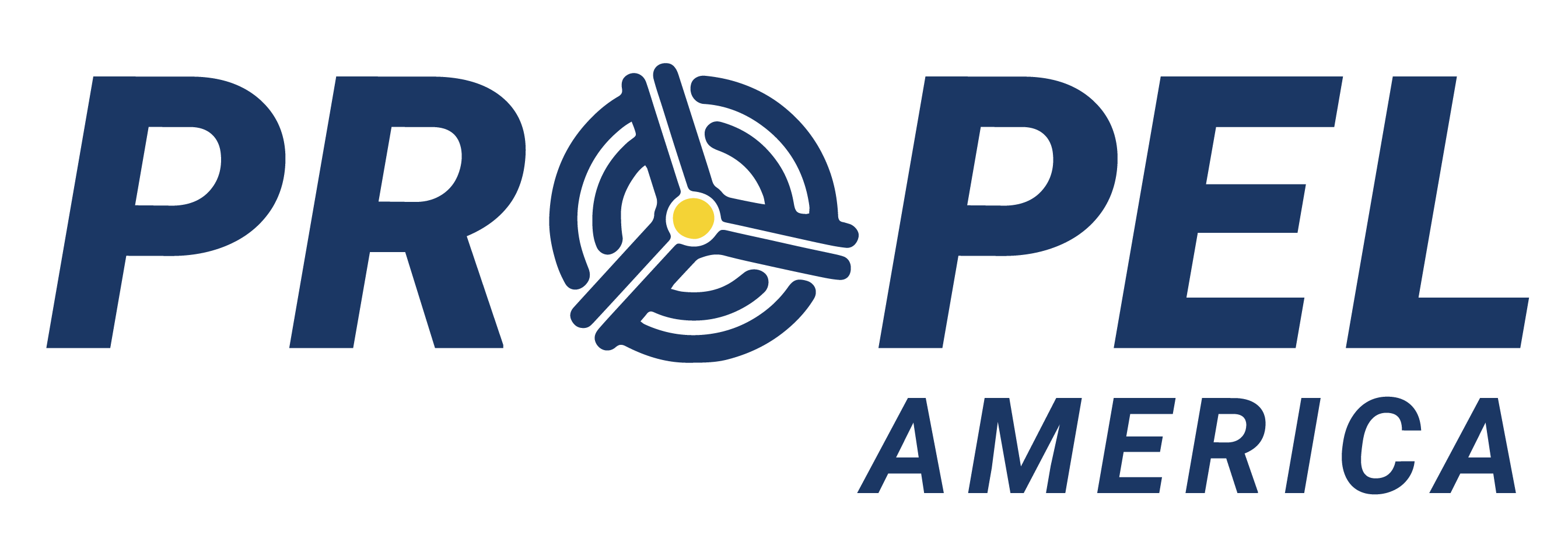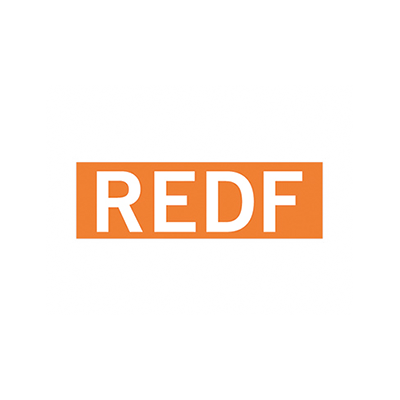Pay For Success
A new way of doing business for government
[ezcol_1half]Current government decision-making about policies and funding allocations is too often focused on inputs and outputs rather than on outcomes; it is constrained by the fact that resources are often inefficiently siloed, locked into specific providers or programs, and it does not incentivize innovation; it fails to use research to provide adequate resources for prevention strategies, instead choosing to support remediation activities; and, it is impeded by limited availability of, and access to, data. By one measure, the Federal government allocates over $1.5 trillion for social services annually, but only about one percent of that funding is allocated in a way that its impact on those being served is known.
In addition, organizations that provide services supported by government policies and funded by government dollars face steep challenges associated with this current decision-making approach. These challenges include: funding restrictions that undermine their ability to do what they know works best, to innovate and problem-solve; [/ezcol_1half] [ezcol_1half_end] payments that do not cover full costs, and that are routinely delayed, sapping organizational resources and strength; decades of “doing more with less”, which has included limited or no investment in capacity and infrastructure; and, onerous reporting requirements that do not assist continuous improvement.
We face many challenges as a nation that seem intractable, yet it is imperative that we find a way to address them to ensure the best possible life for children, youth, and adults in communities across this country.
To do this, we must bring a greater focus to using evidence to drive what our government funds by resourcing solutions that can more efficiently and effectively steward our limited taxpayer dollars to measurably improve the lives of all Americans.
[/ezcol_1half_end]










